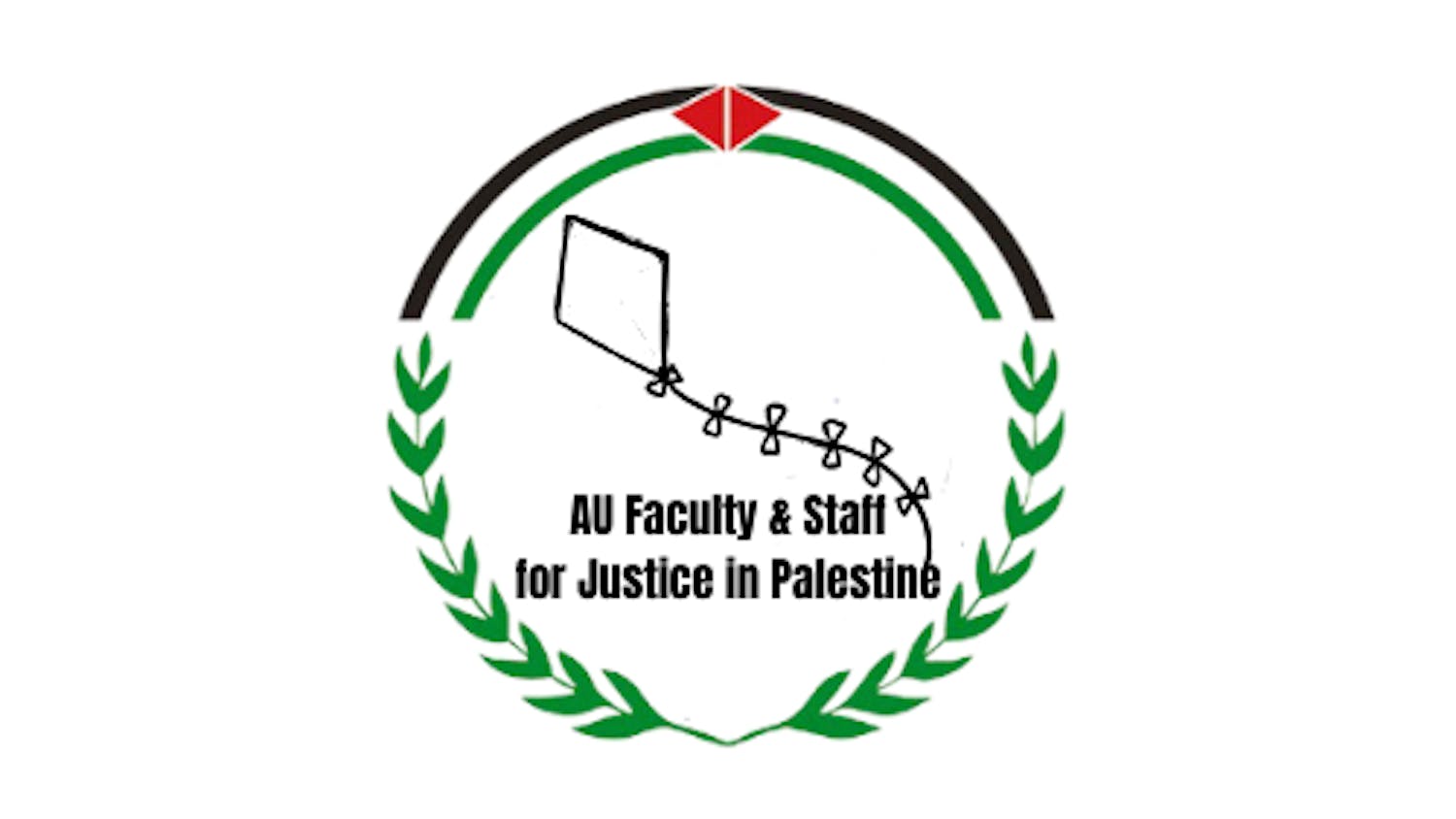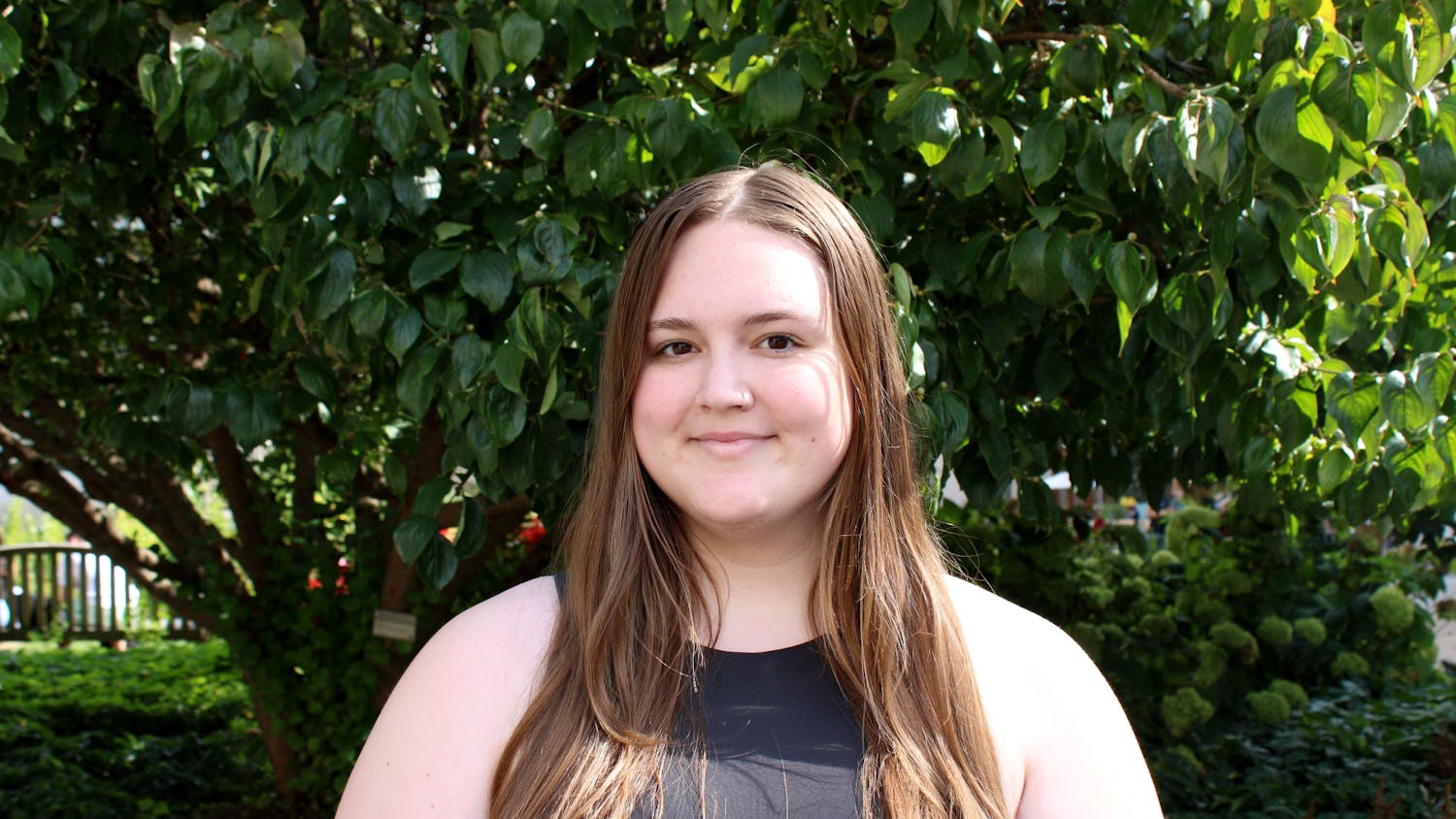On a hot summer day in June of 1963, President John F. Kennedy stood before the graduating class of AU to deliver the commencement address.
It is considered one of the best – and most influential – speeches of his presidency.
But why should we at AU care to commemorate it 50 years later?
In “A Strategy of Peace,” which has come to be called the “Peace Speech,” Kennedy challenged his listeners to rethink what peace meant in the Nuclear Age, and what it would mean for future generations. His speech was an overture to the Soviet Union, the first of its kind in the Cold War, a first step in ending the quiet hostilities and loud arms races between the two superpowers.
Indeed, Soviet Premier Nikita Khrushchev was so impressed and so moved by the speech that he allowed the state-run media to re-broadcast and re-print it in Russian.
The two superpowers would negotiate and sign a nuclear test-ban treaty later that summer and fall – a direct result of Kennedy’s speech, which was both a proposal for the treaty and a sign of goodwill enabling the negotiations to take place.
As students, we should remember Kennedy’s words because the struggles which he sought to surmount exist in our world today, because nations have refused to negotiate and because peace hangs in an ever more fragile balance.
Because, after the bombings this week in Boston, we need to remember Kennedy’s call to peace now more than ever.
And because, after two long wars, we still sit – yet again – on the brink of nuclear war.
History does in fact repeat itself.
Today, America scrambles to confront and mediate North Korea’s nuclear saber-rattling in what the news media are already calling a “crisis.”
The term conjures up a collective memory of the Cuban Missile Crisis Kennedy faced only months before he delivered the Peace Speech. That crisis was the closest the world has ever come to nuclear war.
And today, only half a world away, the people of Syria are slaughtered daily in a bloody fight for freedom, straining to separate themselves from a ruthless tyrant. The spectre of Syria will hang over Obama’s legacy as Rwanda hangs over Clinton’s, and one day we’ll look back and ask ourselves if we could have done more.
It is for this reason that peace is, as Kennedy said, “the most important topic on earth.”
It is for this reason that Kennedy called us to live and work for peace. It is for this reason that Kennedy’s words still matter: because our fellow man still matters, because the hardships he endures still matter.
And because we can still do something about it all.
Kennedy’s words still matter because the torch he spoke of on his first day in office has been passed into our hands. The trumpet that he said was summoning our parents’ generation calls us as a nation yet again.
That torch is still lit and that trumpet still calls, and we are all still obliged to step into our place in history and renew the face of the earth.
Ryan Migeed is a sophomore in the School of Public Affairs and School of Communication and the vice president of AU College Democrats.
edpage@theeagleonline.com




